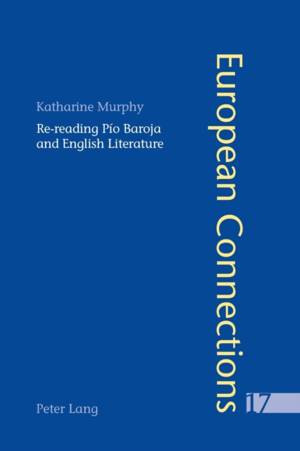
- Afhalen na 1 uur in een winkel met voorraad
- Gratis thuislevering in België vanaf € 30
- Ruim aanbod met 7 miljoen producten
- Afhalen na 1 uur in een winkel met voorraad
- Gratis thuislevering in België vanaf € 30
- Ruim aanbod met 7 miljoen producten
Zoeken
Omschrijving
This volume investigates a broad range of structural connections between PThis volume investigates a broad range of structural connections between Pío Baroja's early fiction and the novels of his contemporaries in England and Ireland, with prominence given to Joseph Conrad, Thomas Hardy, E. M. Forster and James Joyce. Starting from the premise that Spain has been neglected in studies which assess the evolution of the European novel at the turn of the twentieth century, and challenging the insular concept of the 'Generation of 1898', the author reassesses the relationship between Baroja and English literature.
Particular emphasis is given to renderings of consciousness, the role and identity of the artist, European landscapes, and questions of form, genre and representation in the novels under scrutiny. The book produces new readings of Baroja in the context of early twentieth-century English fiction.
Particular emphasis is given to renderings of consciousness, the role and identity of the artist, European landscapes, and questions of form, genre and representation in the novels under scrutiny. The book produces new readings of Baroja in the context of early twentieth-century English fiction.
Specificaties
Betrokkenen
- Auteur(s):
- Uitgeverij:
Inhoud
- Aantal bladzijden:
- 276
- Taal:
- Engels
- Reeks:
- Reeksnummer:
- nr. 17
Eigenschappen
- Productcode (EAN):
- 9783039103003
- Verschijningsdatum:
- 15/12/2004
- Uitvoering:
- Paperback
- Formaat:
- Trade paperback (VS)
- Afmetingen:
- 155 mm x 224 mm
- Gewicht:
- 408 g

Alleen bij Standaard Boekhandel
+ 168 punten op je klantenkaart van Standaard Boekhandel
Beoordelingen
We publiceren alleen reviews die voldoen aan de voorwaarden voor reviews. Bekijk onze voorwaarden voor reviews.











